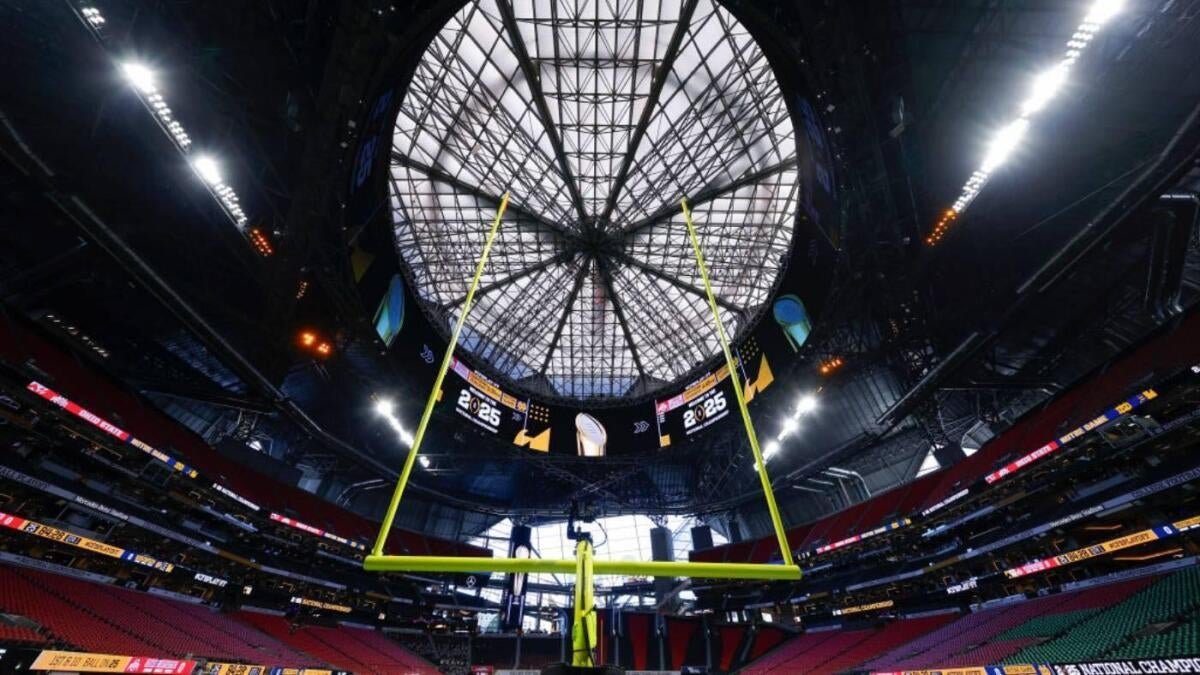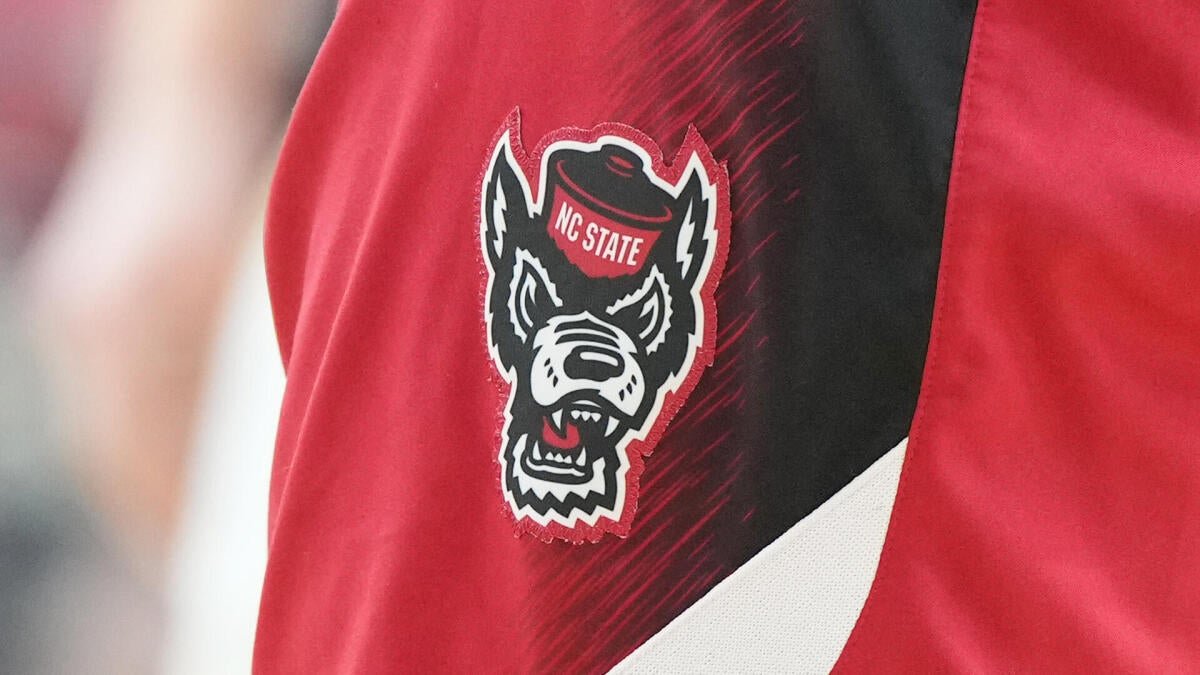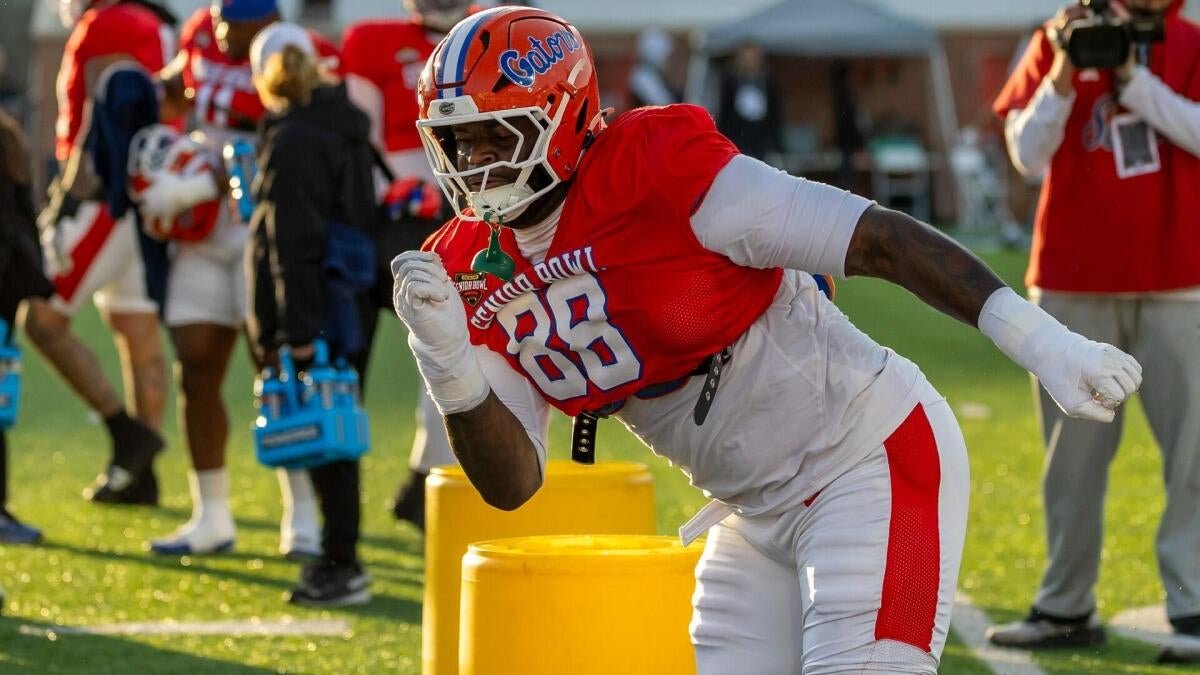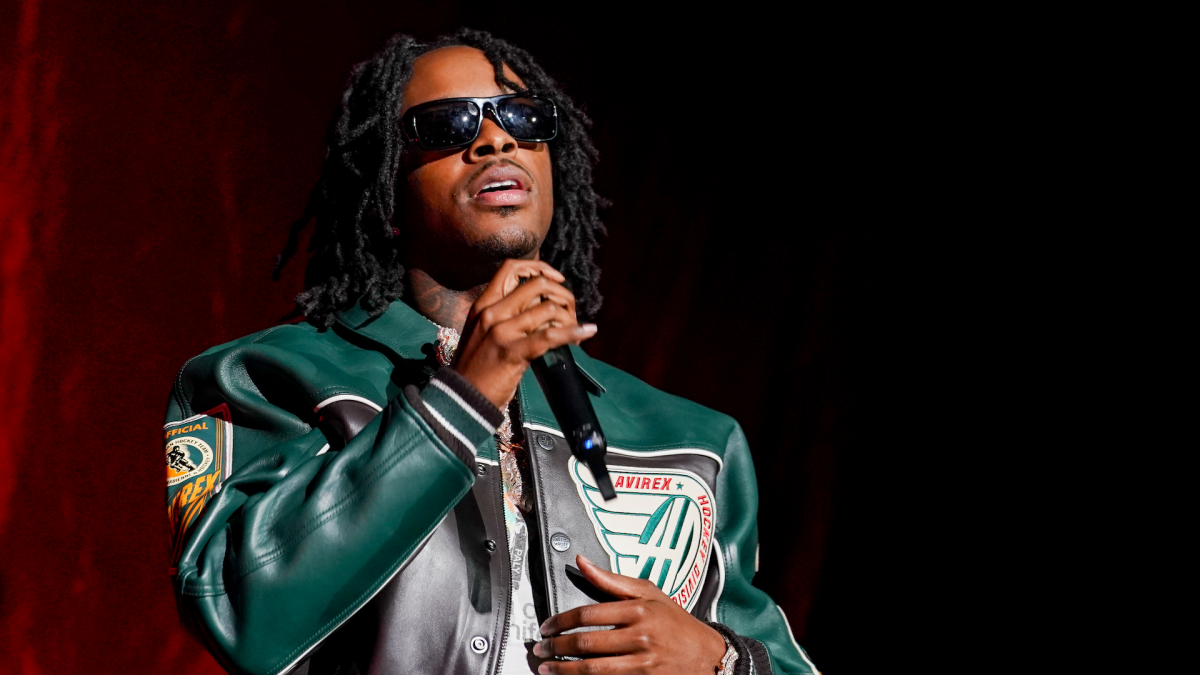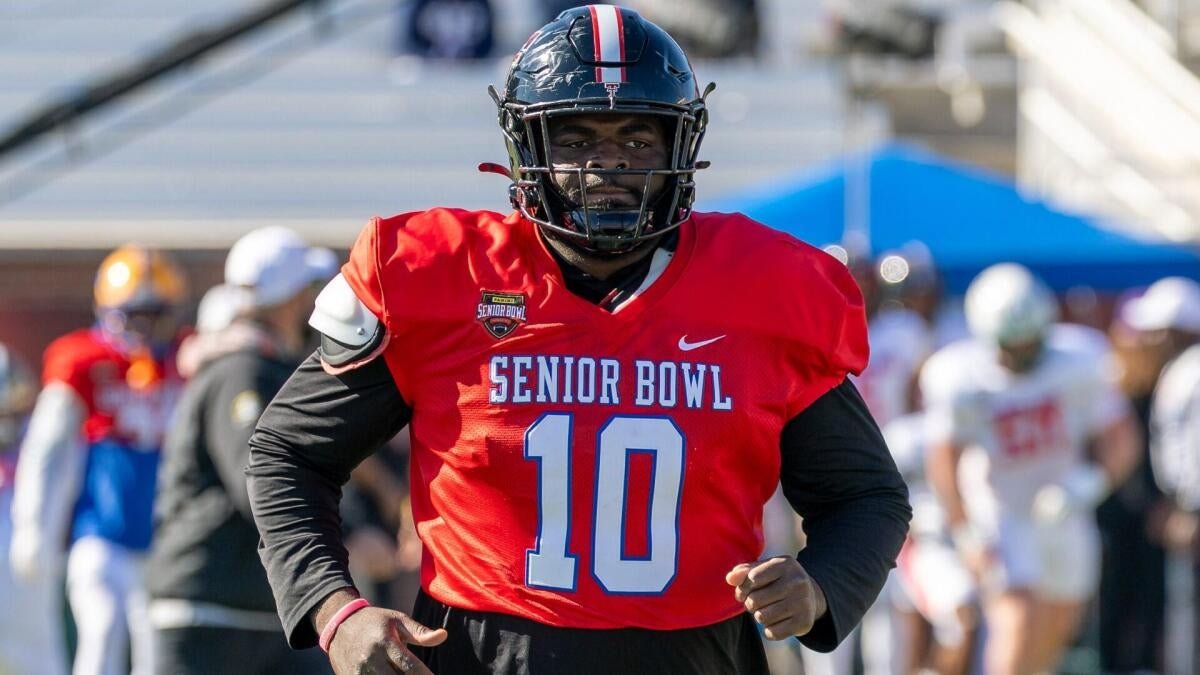Faculty sports activities entered a completely new, and fully unprecedented, period on July 1 when the Home v. NCAA settlement lastly took impact. For the primary time ever, faculties can straight pay gamers for efficiency by way of income sharing contracts.
To coincide with the change, the Faculty Sports activities Fee (CSC) was created to deal with regulation and enforcement of participant compensation points. Among the many CSC’s tasks, in cooperation with Deloitte, is the policing of identify, picture and likeness offers.
The CSC and Deloitte launched an NIL Go portal to make sure “honest market worth” and legitimate enterprise goal primarily based on an precise endorsement. Whereas the technicalities and {qualifications} of a legitimate NIL deal have been nebulous for the primary week of the income sharing period, the CSC launched data Thursday clarifying precisely what qualifies as a professional NIL deal.
How athletes might be paid as July 1 ushers in new period for faculty sports activities: NIL modifications, enforcement, contracts
Shehan Jeyarajah

The NIL Go portal permits student-athletes a option to report third-party NIL offers to be evaluated for guidelines compliance. An athlete can do that earlier than accepting a deal to make sure that their eligibility is not going to be impacted.
NIL offers might be judged on a set of three standards:
- Payor Affiliation: “The connection between the payor and the student-athlete’s college”
- Legitimate Enterprise Goal: “Whether or not the payor is in search of the usage of the student-athlete’s NIL for a legitimate enterprise goal, which means to promote a great or service to the general public for revenue”
- Vary of Compensation: “Whether or not the compensation paid to the student-athlete is commensurate with compensation paid to equally located people”
Payor Affiliation
The “Payor Affiliation” class is particularly essential on condition that, beneath earlier NIL steerage, boosters may facilitate offers with potential athletes. Underneath the brand new NIL Go pointers, boosters can be categorized as an “related entity.”
The CSC additionally classifies “related entities” as:
- These which are identified or “ought to have been identified” to an athletic division that exist with the categorical goal of both selling an establishments athletics applications or creating NIL alternatives for an establishment’s student-athletes — i.e., an NIL collective.
- An entity that has been directed by an athletics division to help in recruitment or retention of athletes.
- An entity managed by somebody or one thing aside from a publicly traded company.
Legitimate Enterprise Goal
The Legitimate Enterprise Goal qualification is moderately self-explanatory. As a substitute of simply handing an athlete a contract beneath the masks of an NIL deal, any deal that an athlete enters into should exhibit “Proof of utilizing the student-athlete’s NIL to advertise a great or service being supplied to the general public for revenue.”
Particularly, NCAA Rule 22.1.3 — the legitimate enterprise goal requirement — prohibits NIL collectives from paying athletes to seem on behalf of the collective at an occasion, even when stated occasion is open to the general public. The aim of the occasion can be to boost cash for the collective, which doesn’t present a great or service to most people for revenue — even these collectives that promote merchandise.
Now have been a restaurant or an attire firm to strike an identical discount, it will fulfill the legitimate enterprise goal requirement, because the aforementioned industries do present a service to the general public in trade for cash. Collectives can nonetheless act as quasi-marketing companies that match athletes with companies.
Vary of Compensation
The CSC may also make sure that an athlete’s NIL compensation is “commensurate with compensation paid to equally located people with comparable NIL worth.” Primarily, is the deal a good deal from a numbers perspective?
A number of elements might be considered when calculating an athlete’s Vary of Compensation (RoC), together with “the deal’s efficiency obligations, the student-athlete’s athletic efficiency and social media attain, the native market and the market attain of his or her establishment and program.” So, an athlete like Texas quarterback Arch Manning can have a better RoC than, say, a freshman punter and, subsequently, he’ll have a neater time pitching offers with a significantly larger financial worth.
Deal Assessment
As soon as an athlete submits a third-party NIL deal to the NIL Go portal, the CSC will analyze the knowledge offered. There are three outcomes that may be reached:
- Cleared: The deal can proceed.
- Not Cleared: The deal doesn’t meet vital necessities, however there are different choices.
- Flagged for Extra Assessment: If there are professional issues about any of the above classes, the athlete might be notified and and investigation might be launched to overview the phrases.
An athlete does have some recourse if the deal is just “Not Cleared.” They’ll revise the deal to make sure that it meets all three of the necessities, they will cancel the deal and return any cash they might have already acquired, or they will attraction the choice to a impartial arbitrator.
It must be famous that athletes threat punishment, together with a possible lack of enjoying eligibility, provided that they undergo with a deal that was “Not Cleared” with out addressing any of the issues recognized by the CSC.
